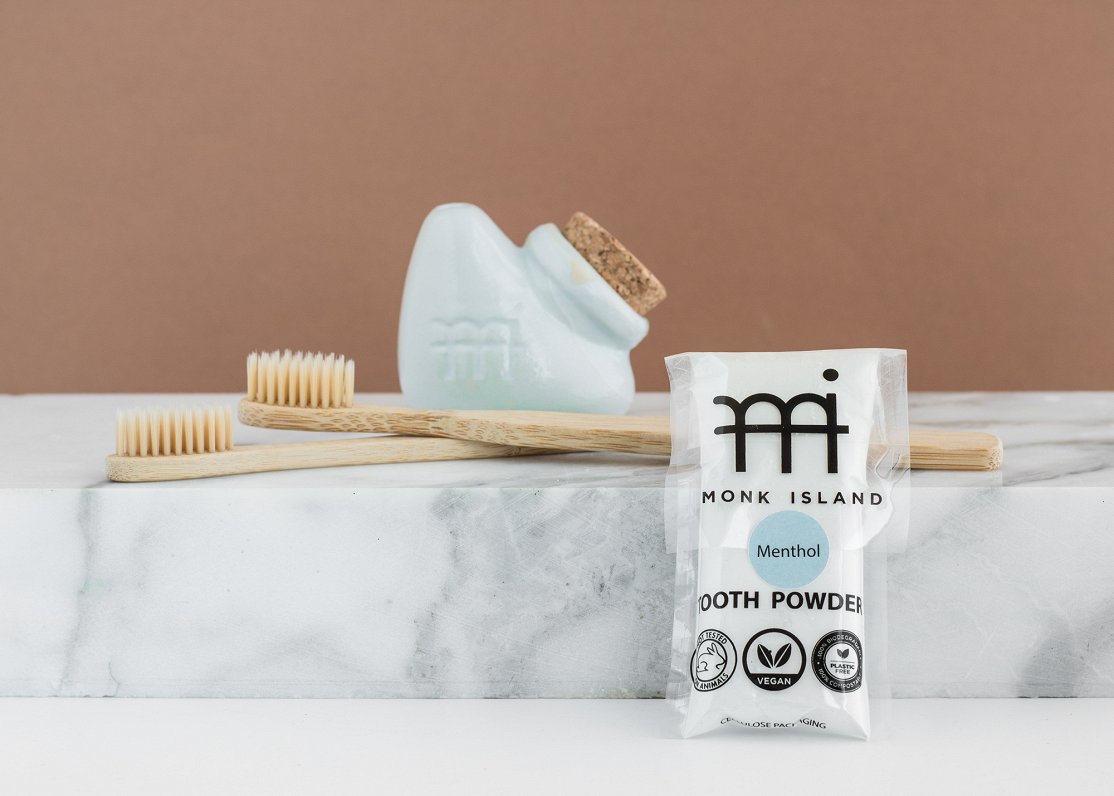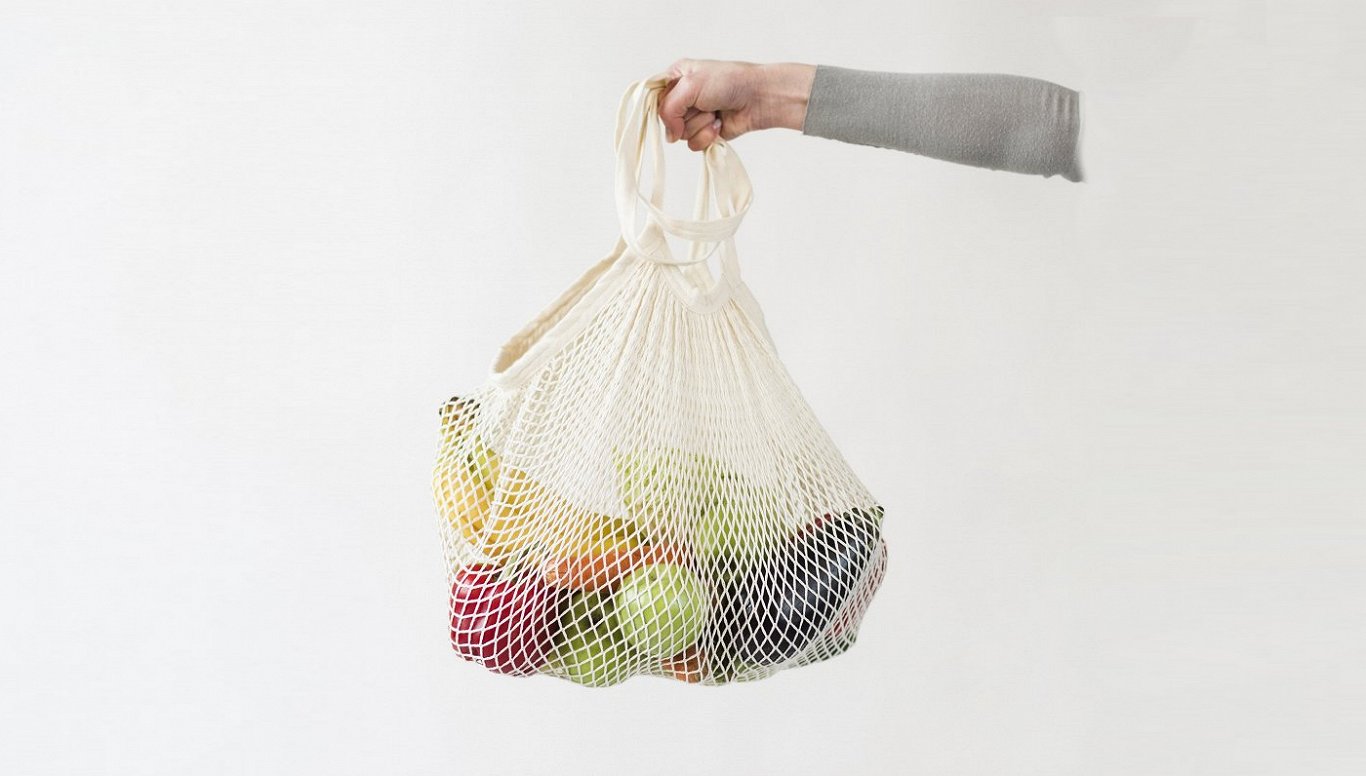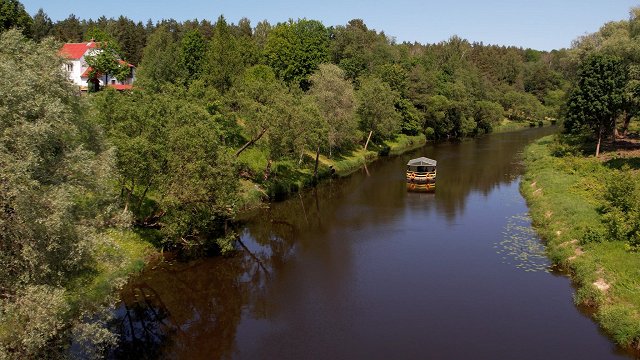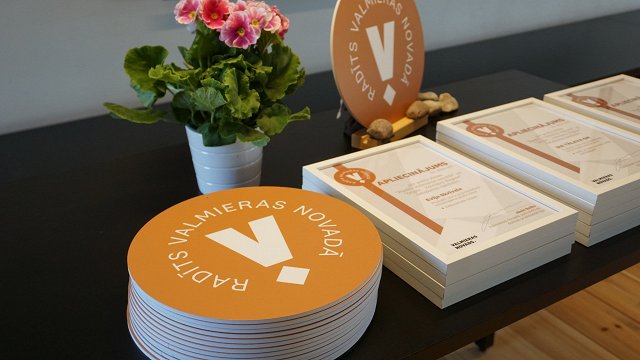Is it enough to opt out of plastic bags and dishes to improve the planet's ecological health? The latest Eurobarometer survey shows that the most effective way to tackle environmental problems is to change the way we consume and produce. Over the last year, 66% of those surveyed started sorting recyclable waste, 45% have avoided using disposable plastic/purchased recycled plastic products, while 42% have started buying local products.
Almost everyone is faced with food packaging everyday. Most companies still choose cheaper, lighter and thinner plastic packaging that preserve the product, its properties and quality. In these respects, plastic is an ideal type of packaging, but companies are actively looking for environmentally friendly alternatives - also in Latvia.
Marta Buša, creator of Kukū brand, admits she is no example of a zero-waste lifestyle, yet she is fighting her habits and trying to popularize more responsible choices through her product: crocheted items in eco-friendly packaging. The Kukū brand focuses on bath products: glove-sponges, back massage belts and soap bags.
The products are made from hemp and linen. Marta says she buys hemp from India and pays for fair work, not the large factories.
Hemp and linen bath accessories can be washed in a washing-machine. The threads are compostable, completely dissolving in about five months. Plastic labels aren't added to products, nor are labels, tapes and thank-you cards that would be a packaging design worthy of Pinterest and Instagram.
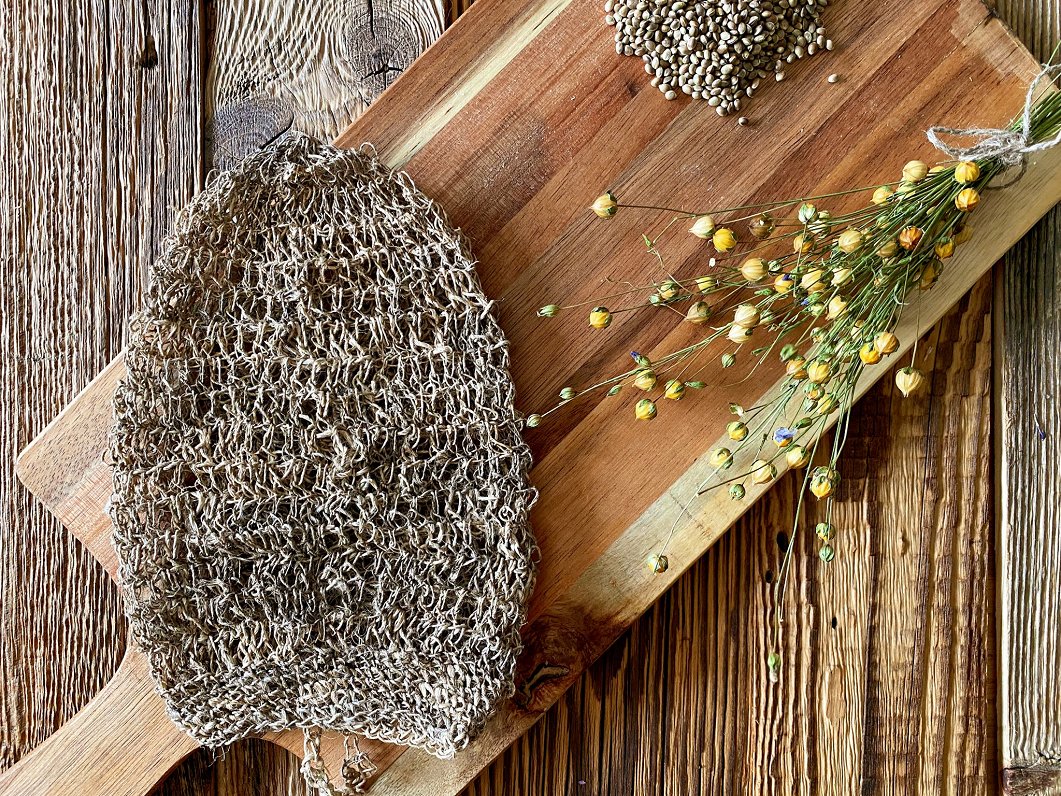
As an environmentally friendly alternative, various bio-packages enter the market. Cleanliving Group is the official representative of a Norwegian company in Latvia, which distributes and conducts various product tests and surveys in blog entries. The company focuses on biodegradable garbage bags, shopping bags, fruit bags, mulch film designed to cover soil to protect it from weeds.
The head of the company Zanda Briķe explained that biomass breaks down and is compostable.
Last year, the company conducted an experiment by placing garbage bags that are degradable in compost. One was filled with a variety of bark, peels, shells and other natural materials, the other folded and placed beside it. In the autumn, the mown grass and a pile of leaves were added to the compost. This year the bags were unwrapped, but only one of them had broken down.
"We were wrong in the calculations, hadn't created a decent pile of compost. The leaves scattered over the winter did not create enough micro-climate for the folded bag to degrade. The second bag, which contained kitchen waste, had a sufficient level of humidity, and it contributed to a successful decomposition," said Briķe, who performed this experiment in her garden.
Biomass decomposition time in home compost is approximately one month, industrial – 6-12 weeks. However, the biggest challenge facing the company is that there is no dedicated waste recycling site available in Latvia for industrial compost. A contract has been concluded with Getlini EKO, but it is not yet clear when such a site will be available.If the issue of industrial composting was sorted out in Latvia, soil could be extracted from these products.
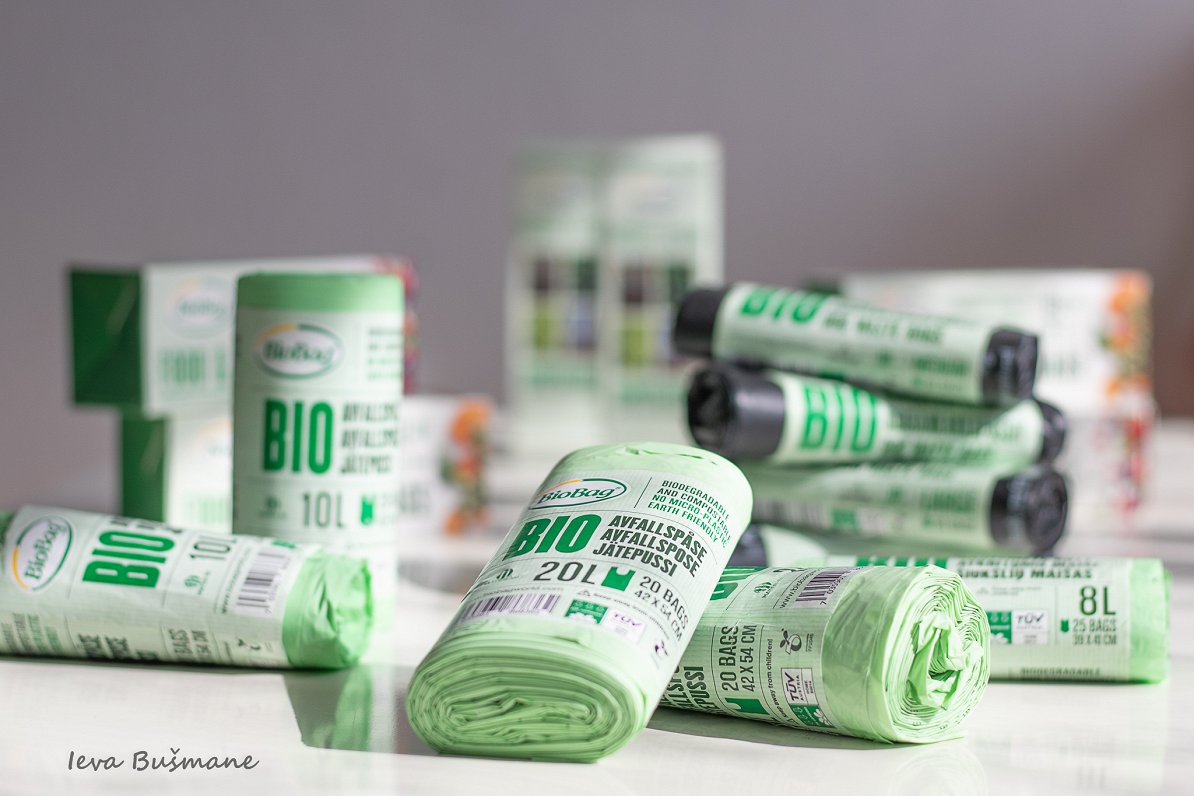
Each year 100 tonnes of toothpaste tubes are thrown out in Latvia - as calculated by the founder of Monk Island and the author of the idea Armands Vecvanags.
"I was the typical student who ate pizzas, chips. Due to the strained work rate and unhealthy eating, health deteriorated. I realized that the way we are producing and consuming products right now is not the healthiest, so I wanted to create a product that is as environmentally friendly as possible. It came down to tooth-powders," said Vecvanags.
Monk Island tooth-cleaning powder contains no water, unlike toothpaste. The powder is dry and therefore it is not necessary to add preservatives to suppress the reproduction of micro-organisms in this environment.
It hadn't been easy to find the right packaging, because neither glass, metal, nor plastic packaging was in line with his intention. The choice fell in favor of cellulose, which recycles within 85 days. A bio-degradation experiment was launched in July last year to verify this.
“In the kitchen garden, we put two packages, plastic packaging and cellulose. A year later, the plastic bag had maintained its position, while maggots were eating on the cellulose packaging during the first days of the experiment," said Vecvanags.
Vecvanags has started to offer packaging solutions to other companies. This could be a solution to improve manufacturing by considering how packaging is produced and what it is made for.
